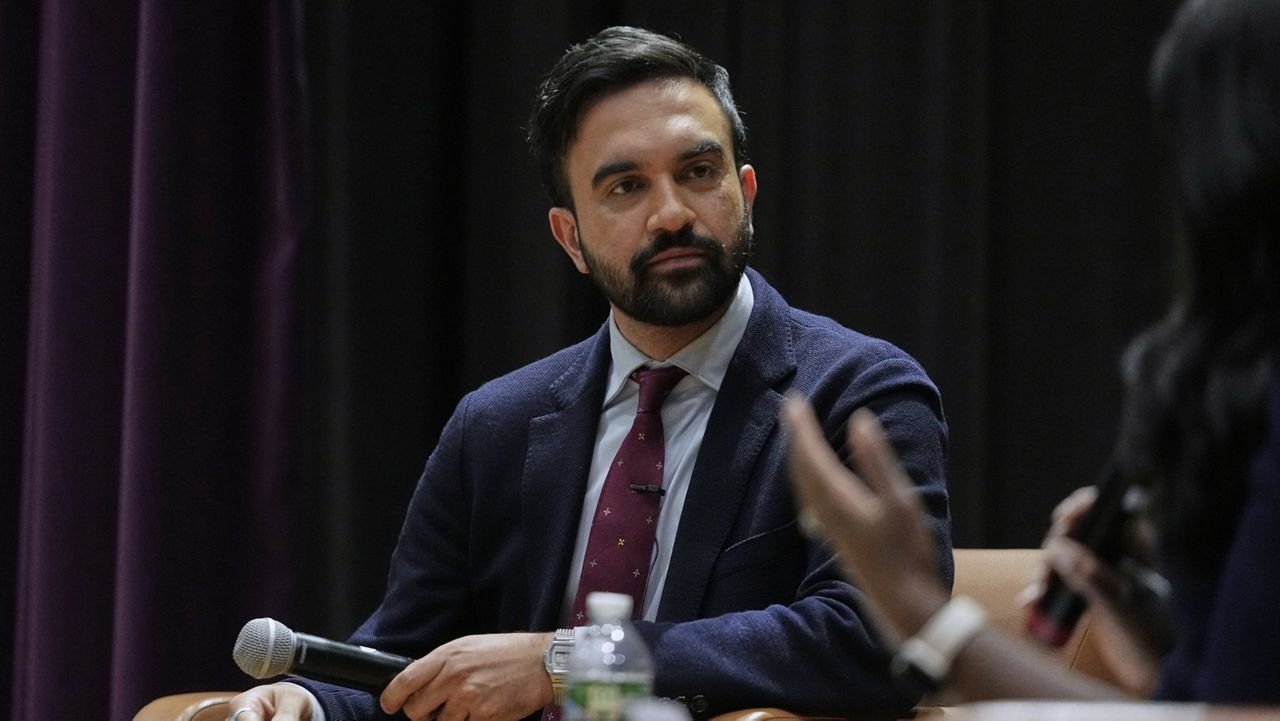British actor Nkuti Gatwa will be the first black actor to star in the BBC series Doctor Who.
Special Election Coverage — June 24, 2025LIVE UPDATE: Mamdani’s Stunning Victory Shakes New York’s Political Landscape Mamdani, a democratic socialist from Queens, clinched 43.5% of the vote, overtaking Cuomo’s 36.4%. City Comptroller Brad Lander followed with 11.3%, and City Council Speaker Adrienne Adams received 4.1%. The remaining 4.6% of votes were split among lesser-known candidates. …













